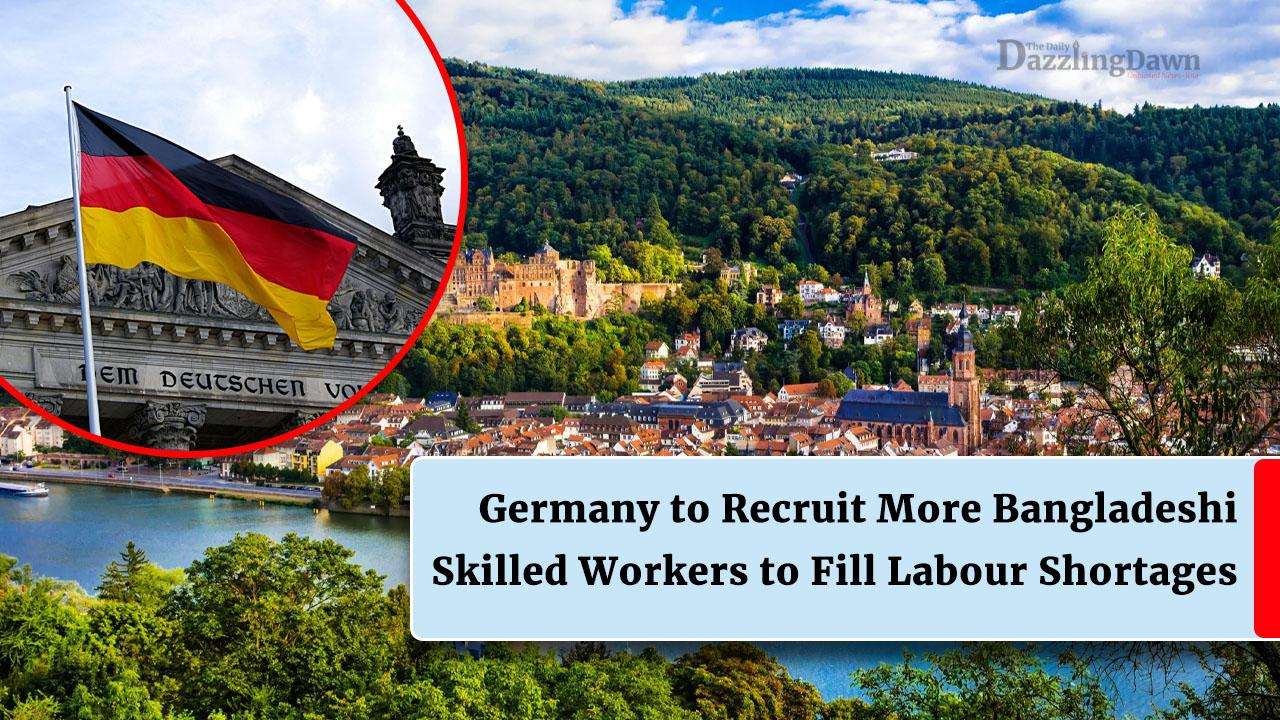Germany wants to hire a large number of skilled workers from Bangladesh, India, Pakistan as announced by the German Minister of Labour, Hubertus Heil.
The effort to attract Bangladeshi, Indian and Pakistani workers comes amid Germany’s challenges with labour shortages.
This skilled labour strategy is being developed jointly with the Foreign Office and the Federal Ministry of Labor, with German business, with the states, and with other ministries.
--Hubertus Heil, German Minister of Labour
Germany Will Need 7 Million Workers by 2035
Referring to a study by the Institute for Employment Research (IAB), the Labour Minister said that Germany will need seven million workers by 2035.
More than 70 Occupations in Germany Are Facing Labour Shortages
In addition to the previously cited study, Germany is facing a labour shortfall in over 70 occupations, according to the most recent EURES report on shortages and surpluses.
Among the sectors affected by the shortages were found to be transportation, manufacturing, construction, healthcare, engineering, and IT.
To address the labour deficit, Germany loosened certain immigration regulations.
New regulations, for example, allow foreign workers with two or more years of experience in their field and a professional or university degree recognised by their country of origin to work in Germany in that field.
Before this move, Germany also relaxed requirements for EU Blue Card and recognised skilled workers.
Moreover, in June 2024, Germany has doubled the number of yearly work visas issued under the Western Balkans Regulation to 50,000. This means that citizens of Albania, Bosnia and Herzegovina, Kosovo, Montenegro, North Macedonia, and Serbia now enjoy more access to the German labour market.








.svg)
